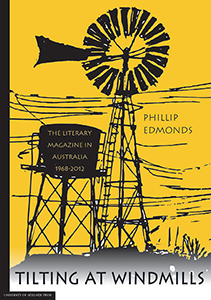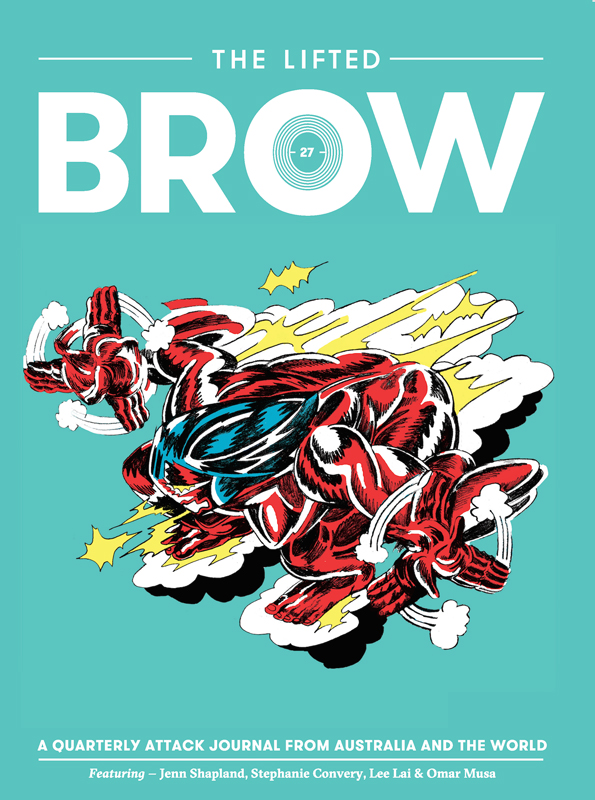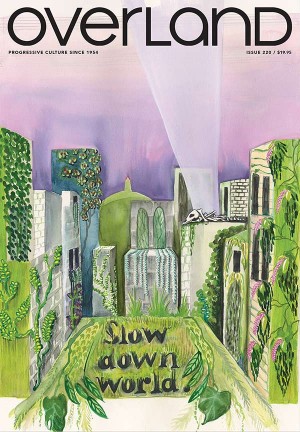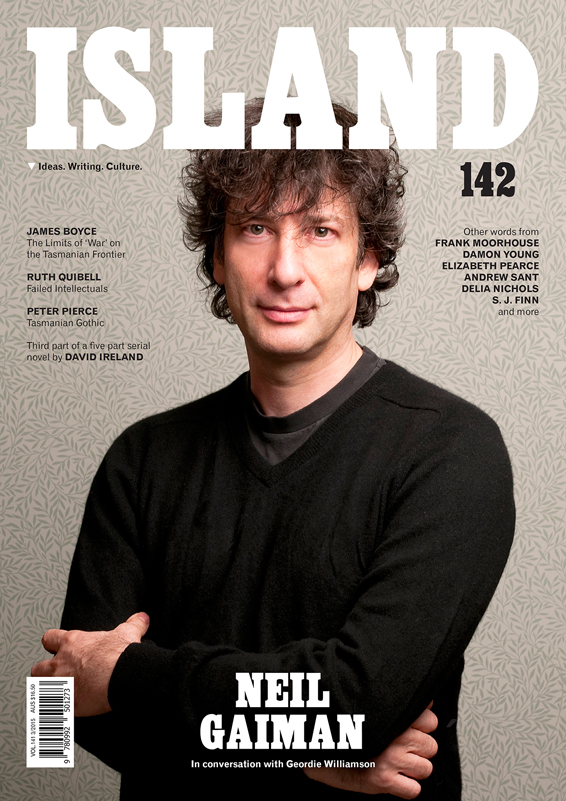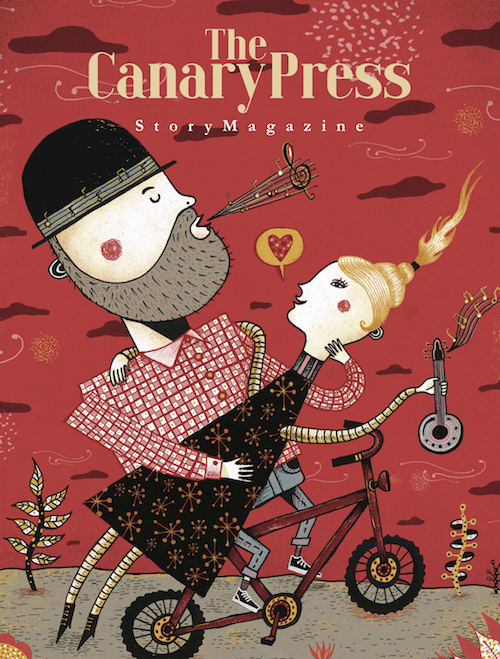Publishing
Reflections on the Stella Count
‘When we talk about the woman writer in 2015, how then do we situate the vital insights of intersectional and trans feminism at the centre of our discussions? This, to me, is the most pressing challenge posed by the Stella Count.’ SRB editor Catriona Menzies-Pike on gender, critical culture and the Stella Count
Authors in a changing world
‘Any author who’s been in the business longer than five years can tell you that we’ve had to change our professional practices in response to the transformed circumstances in the industry.’ This week the results of an extensive survey of over 1000 Australian authors assessing the impact on authorship of changing circumstances in the book industry were published by Macquarie University’s Faculty of Business and Economics. Sophie Masson considers the findings.
26 June 2015 | Wallpaper Ecstasy
It’s always interesting, when you have a big investment in the performance of literary titles in the marketplace, to see how completely, and constantly, the marketplace disappoints your expectations. The current craze for adult colouring books is a good example. Books for adults to colour in! Books without words! What a relief!
